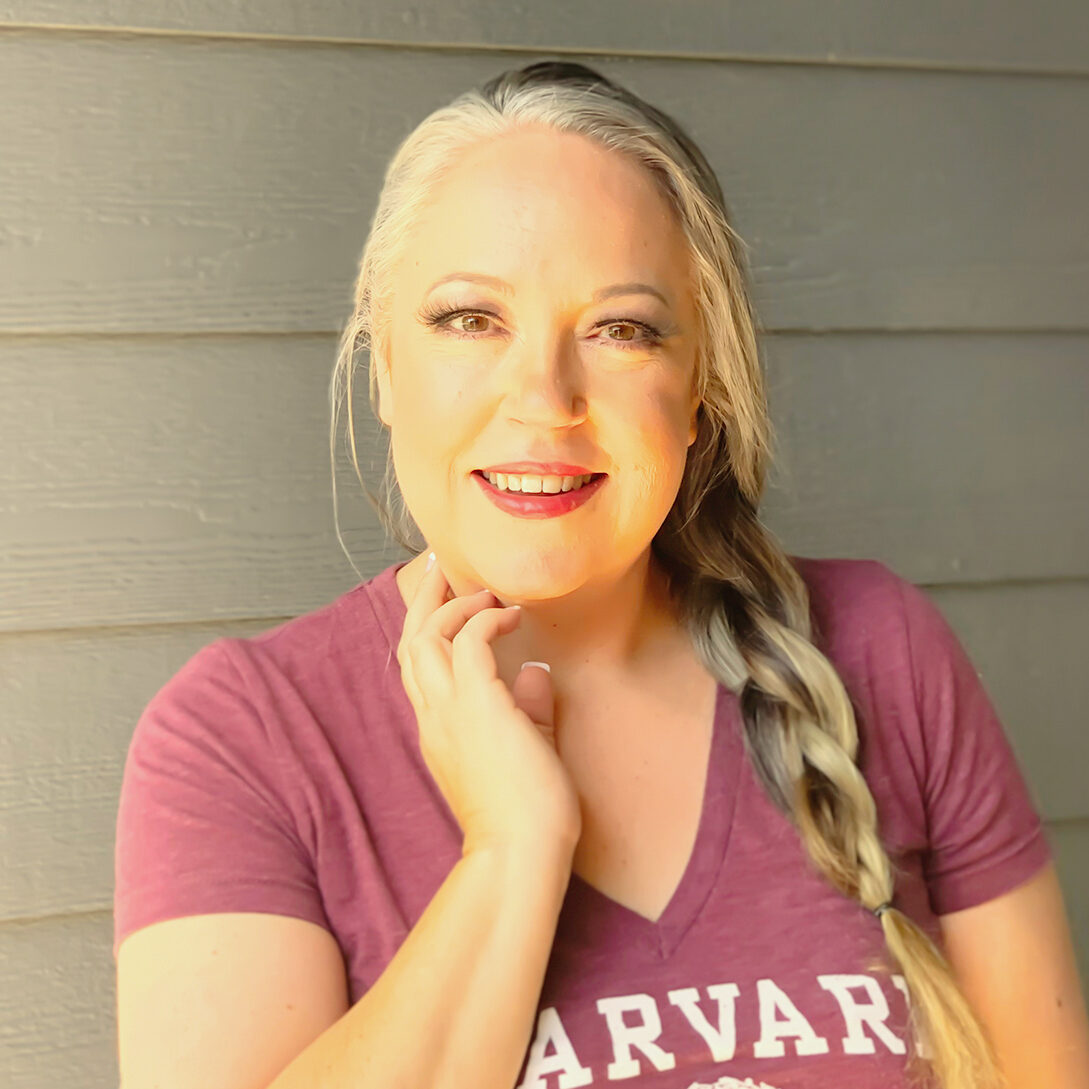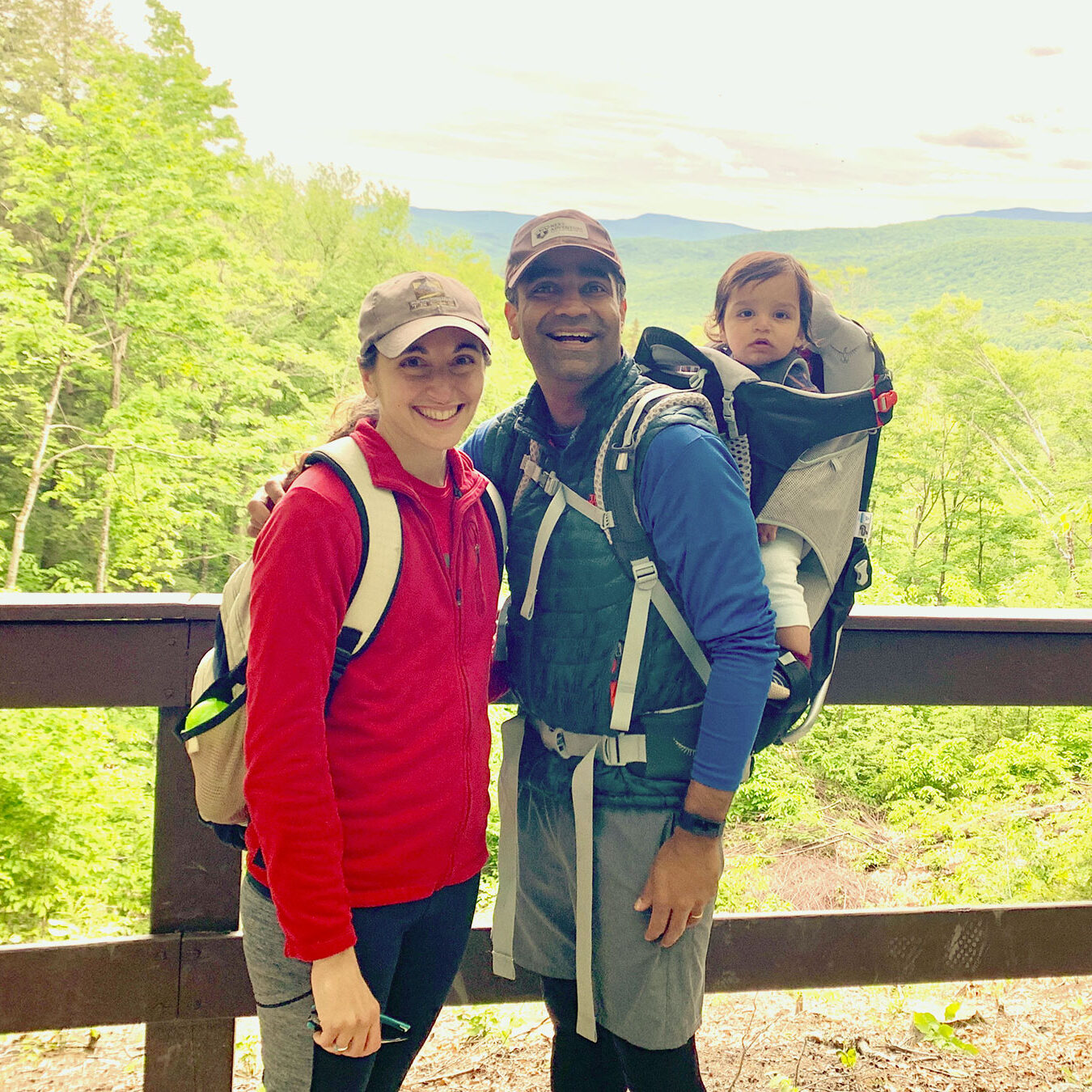Why did you decide to earn a degree at Harvard Extension?
I was attracted to this degree program because of Harvard University’s reputation for excellence in education. I knew that if I was going to pursue a graduate degree, I wanted it not only to have a powerful reputation but the potential to make a profound influence on my personal development and career.
How has your HES experience helped you in your career or personal development?
After building a career as an award-winning journalist, author, and entrepreneur, I decided to focus on becoming a fiction author. Although I have authored, co-authored, and edited hundreds — even thousands — of books and articles, as well as created promotional content through the marketing agency I founded, pursuing a career as a novelist was always on my mind — but never at the top of my to-do list.
To achieve this goal, I knew I needed to create a structure that would prompt me to make steady progress toward finishing a manuscript. And, I knew I wanted a graduate degree program where the quality of instruction matched my ambition. I found this — and more — at HES, where each instructor played a key role in honing the specific skills I needed to successfully launch a new career.
My first fiction novel, which grew out of the creative writing courses I completed during my time at Harvard, is currently on offer to several publishers [editor’s note: Laurie’s novel was published by Penguin Random House in 2025]. Not only was I able to realize a long-held dream, but I was able to do it in a way that led to a new world of options.
The best part is that the beautiful friendships and network of support that I developed at HES will stay with me long after commencement.
Laurie’s novel, Mask of the Deer Woman, appeared in a January 2025 New York Times column of the month’s best new releases in the crime and mystery genres.
What was the most challenging aspect of your time at Extension? What was the most rewarding?
The challenge was to balance the demands of a rigorous course schedule with operating a business and serving as the elected mayor of my city. I also continued to volunteer with several community and professional organizations, and to be active in the lives of my five children. My husband, Chad, was unendingly supportive, and during my years at HES, we were delighted as our family grew to include two sons-in-law and two grandchildren.
I hope in some small way, by witnessing the love and work and action I’ve invested in this graduate degree, that they can realize the immensely positive impact that pursuing one’s purpose can have—not only in their own lives, but in the lives of those around them. This life is a relational one, and in our many intersectional moments with others we have opportunities to make a far-reaching difference. It is a legacy we may never fully realize, but that makes it no less powerful.
One of the most rewarding aspects of attending Harvard University’s Extension School was discovering a supportive network of classmates-turned-friends. I was able to work with instructors who were immensely encouraging. Along the way, it became clear that the challenge was actually the most rewarding part of earning this degree. Harvard Extension School offers an ideal model for lifelong learning, and earning a graduate degree from HES will rank amongst the best moments of my life.
How did you manage to balance your studies with work and family responsibilities?
My goal was not necessarily to have balance, but to juggle competing priorities as effectively as possible. Rather than seeking balance, I have found that one should pursue one’s interests with intensity. This approach has always served me well and I found it remained a good roadmap for earning a graduate degree.
As someone who is passionate about learning, it was one of the greatest pleasures of my life to take a deep dive into creative writing and literature with professors and students who were equally inquisitive about the instructive qualities of the written word. It was truly my favorite endeavor to spend the last few years reading, analyzing, and writing, solidifying a habit that will stay with me for life.
Do you have a favorite class or faculty member? Why?
Every class was wonderfully instructive, but Chris Mooney’s “Advanced Fiction: Writing Suspense Fiction,” William Holinger’s “Advanced Fiction: Writing The Novel”, and Mary Sullivan Walsh’s “Advanced Fiction: Writing the Middle Grade and Young Adult Novel” were all superbly instructive. I’ve heard wonderful feedback about Katie B. Kohn’s “Advanced Fiction: Writing Fairy Tales” and hope to take this course in the future, even though I don’t need it as a degree requirement.
Do you have any advice for new students?
Your education will be what you make of it. Maximize your opportunities to be curious about what interests you.
Describe your Extension School experience in one word.
Extraordinary.
*This interview has been edited for length and clarity.

